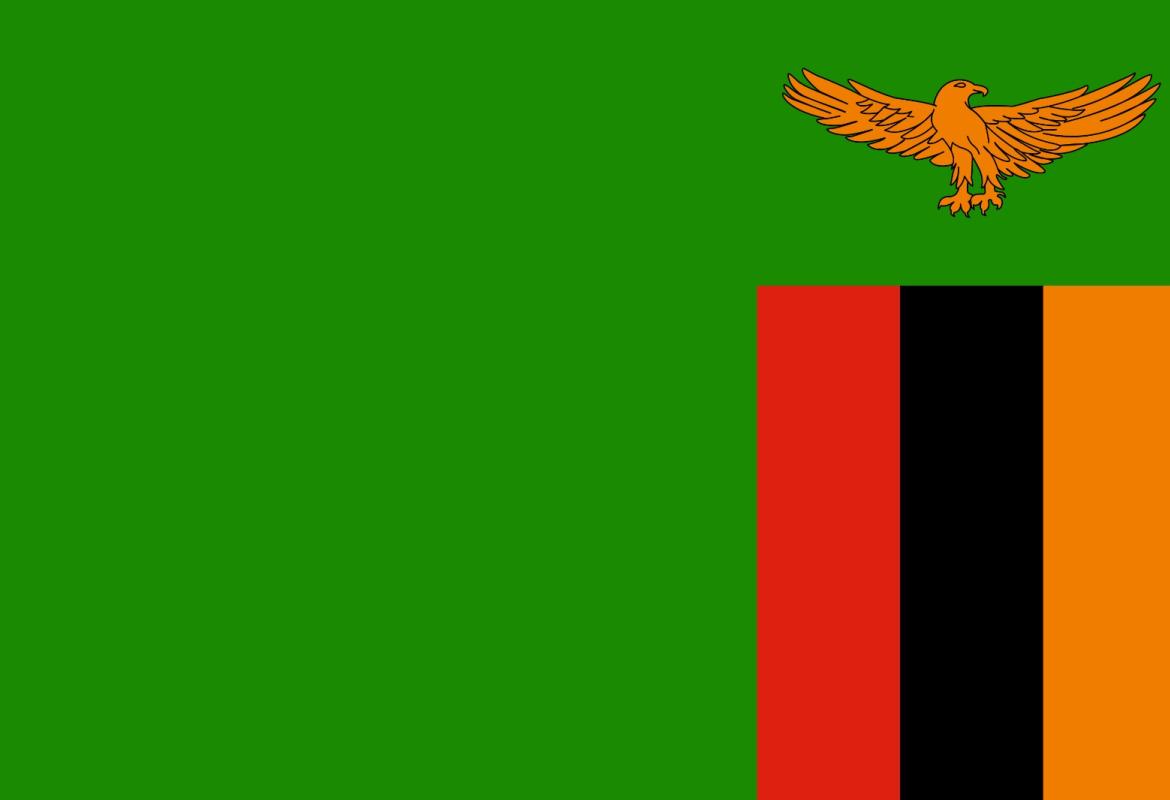Background
The African Charter on the Rights and Welfare of the Child requires State Parties to submit reports on the measures undertaken to realize the rights contained therein. Article 43 of the Charter stipulates that State Parties are supposed to submit their initial report two years after ratification and their periodic reports every three years thereafter. In line with this obligation, the Republic of Zambia submitted its initial report on the implementation of the African Children’s Charter in 2018. Following the submission of the report, the African Committee of Experts on the Rights and Welfare of the Child considered the State Party Report during its 32nd Ordinary Session, which was held from 12 to 20 November 2018. The Committee held a constructive dialogue with the Delegation of the Government of Zambia and identified achievements recorded and challenges faced in the implementation of the Charter. Afterwards, the Committee issued its concluding observations and recommendations, which include its suggestions on the measures that may be undertaken by the Government of Zambia to improve the protection and promotion of children’s rights in the State Party. The Concluding Observations and Recommendations were sent to the State Party in May 2019.
Rule 74 of the Rules of Procedures of the Committee states that the Committee should undertake follow-up on the implementation of its concluding observations and recommendations. More specifically, Section VIII (b) of the Procedure for the Consideration of State Party Reports stipulates that the Committee undertakes field visit to follow-up on its recommendations on State Party reports. Undertaking a mission to monitor the implementation of its recommendations is also in line with article 45(1) of the Charter, which gives the Committee the mandate to undertake investigative missions on matters and issues falling within the scope of the Charter. In accordance with these rules and its mandate, the Committee intends to undertake a follow-up mission in the Republic of Zambia to assess the implementation of its recommendations provided for the Government of Zambia on its initial State Party report.
Objectives of the mission
The mission has the following key objectives:
- To identify achievements in the implementation of the recommendations of the Committee which can be shared as best practices with other State Parties and stakeholders through various activities of the Committee;
- To identify challenges that the Government is facing in the implementation of the recommendations in order to suggest mechanisms to address the challenges as well as solicit assistance from other stakeholders;
- To inform the Committee about the kinds of interventions it may undertake to assist the State Party in the implementation of its recommendations as well as the Charter;
- To create an opportunity of stronger partnership with CSOs and stakeholders working with and for children;
- To inform potential partners and stakeholders about the gaps that exist in the implementation of the Charter;
- To look for opportunities of resource mobilization for the protection and promotion of children’s rights in Zambia; and,
- To suggest actions that may be taken by the Government of Zambia to implement the recommendations of the Committee and the provisions of the Charter.
Methodology
The Committee intends to achieve the abovementioned objectives through two main activities:
- Undertake constructive dialogue with government organs and other stakeholders- The Committee intends to hold multilateral conversations with various Ministries of the Government of Zambia to hold discussions about the measures undertaken to implement the recommendations of the Committee and challenges faced. Such dialogue enables the Committee to assess specific issues of child rights and get detailed information on the matter. The Committee intends to undertake constructive dialogue with the Ministries in charge of children’s rights and Ministries and other government organs, which have works and activities in relation to children’s rights. The Committee will also have discussions with UN Agencies such as UNICEF, UNHCR and CSOs including Save the Children, Plan International, and other local and international Organisations working on children’s rights and welfare.
- Organize a workshop- As part of its follow-up mission, the Committee also intends to organize a one day workshop to bring together various Ministries, government agencies, CSOs, UN agencies and other stakeholders together to discuss about the progress and challenges in the implementation of the recommendations of the Charter.
Time frame
The ACERWC intends to undertake the Mission from 19-21 June 2023.







